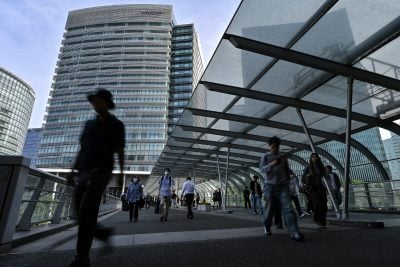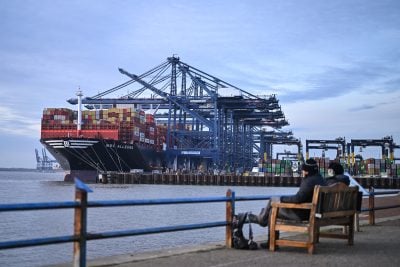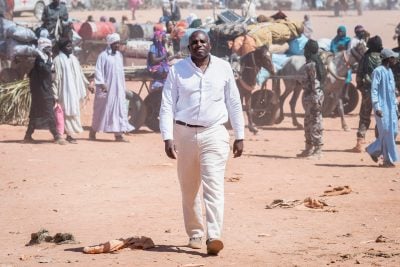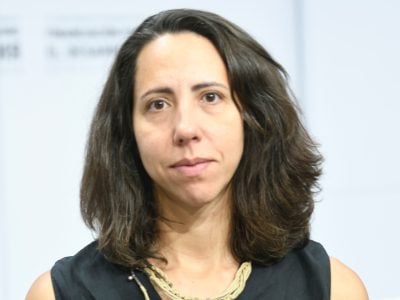Lynda Aphing-Kouassi is leading a determined revolution to tinker with the DNA of Africa’s received human capacity and evolve it to the next level, one fit not only to survive the global headwinds but to thrive in them. She is doing this through mentoring and upgrade-training programmes aimed largely at the youth and women – but open to all comers.
Demand for the services from her dedicated team is heaviest from government departments, international organisations and SMEs. Clients include Nestlé, Ecobank and Deloitte, which collaborated in January this year on a one-week training programme dedicated to women’s empowerment. A project with the Youth Ministry so far has 200 young graduates.
The Keizen philosophy of continuous learning and improvement, yoked to a strict disciplinary code, was vigorously applied to Japanese industry in the years following World War 2, as the country began the Herculean task of raising itself from the ashes of war. It eventually led to an explosion of world-class products and processes, that dominated global trade for decades and conferred upon Japanese manufacturing a reputation for function, longevity and performance.
Keizen rooted itself in the transformation of human capital which, it discovered, could improve infinitely – and applying this to solving everyday issues. Aphing-Kouassi believes that this approach – blending tradition and formality with unfettered creative freedom – is one that Africa shares with Japan and that this, rather than the Western hard-edged system of work, is what Africa needs to catapult to the next level of development.
“Unfortunately,” she says of that balance of tradition and freedom, “we have a lot of the former but not enough of the latter in Africa.” She wants to see an innovative Africa capable of taking its destiny in its own hands through entrepreneurship. She wants the rough rocks of African talent, lurking in its youth of both genders, to be polished up into creative diamonds. She wants the full flowering of Africa’s vast creative potential. She wants organisations, including SMEs, to be in control of the processes that go into productive effort.
‘No one will invest in lack of competence’
“Competence is the key,” she says. “Competence comes from knowledge, reading, understanding. Scanning social media on your phone does not constitute reading. Competence requires hard work but competence puts you in charge of your world. People decry the lack of investment for SMEs but no one will invest in lack of competence.”
Through her firm she emphasises the value of learning by doing, organising boot camps for SMEs and school children among her other clients. She knows the value of being practical and disciplined.
“I was one of seven children,” she recalls and “we had a privileged childhood – but the discipline was strict.” Their father was the director of one of Côte d’Ivoire’s biggest companies and her mother was the treasurer of a major bank.
“But we walked to school while many of our fellow students were driven in cars. I hated it then – but it laid the foundation for my future: never take anything for granted; be humble; and don’t claim ownership of anything that does not really belong to you, such as your family’s wealth.”
Aiming for the sky
She also learned to set goals at an early age. At some point, she decided she wanted to be an airline pilot. The idea of being in charge of this huge machine and responsible for so many passengers thrilled her. The last thing she wanted to be was a banker – she thought her mother worked too hard at the bank.
But as fate would have it, many of the things she despised in her childhood she was to end up doing in later life. She also hated her English lessons and made it so plain to her teacher that complaints were sent to her parents.
“Yet they sent me to England!” she recalls. “Maybe they thought my mental bent was more Anglophone than Francophone,” she says with a laugh.
Confident in her use of English, she enrolled on a course of higher maths as she believed she needed this to become a pilot. She found herself at Hull University where she obtained her BSc and finished with a course at the London Business School. She also later took a remote course in business management from Stanford University. “It was very tough,” she says “but failure was not an option. I knew my parents were doing their utmost to pay the fees and failure would have compromised the prospects for my younger siblings.”
Return to Africa
Fate again stepped in. She saw a vacancy advertisement for a cashier at a bank and applied. She was employed by Abbey National. After that she joined the Societe Generale investment bank, then finished her banking career at Vaultex, a subsidiary of HSBC.
She had to deal with clients from around the world, often on a one-to-one basis, and walk them through their various investment options. She learned a great deal not only about the world of high finance and how it worked, but also about human motivation and capacity. While on a holiday in Abidjan she went into a bank and was taken aback by a massive cultural difference between the work ethics in the UK and in Côte d’Ivoire. The years spent abroad had sharpened the differences, and what may have been invisible to her earlier because it was the norm, now became glaring.
What were the main differences?
“In Côte d’Ivoire, there was a lot of bureaucracy, a lot of form-filling, piles of paperwork – all of which cost time and energy and achieved nothing more. There was a lot of formality – no one was called by their first names, it was always Monsieur, Madame… and a great deal of deference to age – you did not argue with those older than yourself. And of course, women did not really have a proper place in business life. It all boiled down to the mindset.”
At some point while she had been abroad, the idea that she should return home and shape all her experiences and knowledge into a coaching and training programme that would liberate the creative potential of citizens and build their capacities began to haunt her.
After her experiences in Côte d’Ivoire, she took the plunge and established her firm Kaizene in 2015. It would work to improve the human capacity of firms and motivate the workforce so that the workers would no longer simply look forward to the end of the month to collect their payslips, but become engaged and invested in the organisations and work on their own developments. She was convinced that the need was so clear, given the degree of inefficiency in service delivery, that companies would soon be beating down her door.
What was the reception like when she went out to sell her concept? “It was terrible! I got kicked out of offices. There was a belief that only those who were below standard needed training, so my offer to train people was seen as an insult by many. Very few people could see the benefits of the Keizen principle. I had to give free demonstrations and pay out of my own pocket to stage these.”
Then came the breakthrough. A busy headmistress asked her to train her PA and make her more efficient. Then someone wanted Aphing-Kouassi to organise a conference for the World Bank, and she included a training session.
Word began to spread. The training and coaching was delivering not only motivated workforces but profits. The SMEs found they were getting on top of their activities and were able to negotiate better deals. Seven years later, her training and conference arms are keeping her busy; and this year will see the first edition of an “SME Bootcamp”, dedicated to providing technical and strategic support to SMEs, to push their growth and job creation. She organises an annual construction and infrastructure conference in various African capitals, as she sees this sector as the bellwether for the modernisation of Africa.
Her message to women and the young? “Work hard and don’t give up. Learn to value yourself and add value to yourself by learning. Don’t be afraid to aim high – try to become the director instead of the assistant director and even if you fall short, the journey will stand you in good stead.”
The mindset revolution, she says, has started. “Slowly, slowly, step by step but it is happening.”
Want to continue reading? Subscribe today.
You've read all your free articles for this month! Subscribe now to enjoy full access to our content.
Digital Monthly
£8.00 / month
Receive full unlimited access to our articles, opinions, podcasts and more.
Digital Yearly
£70.00 / year
Our best value offer - save £26 and gain access to all of our digital content for an entire year!
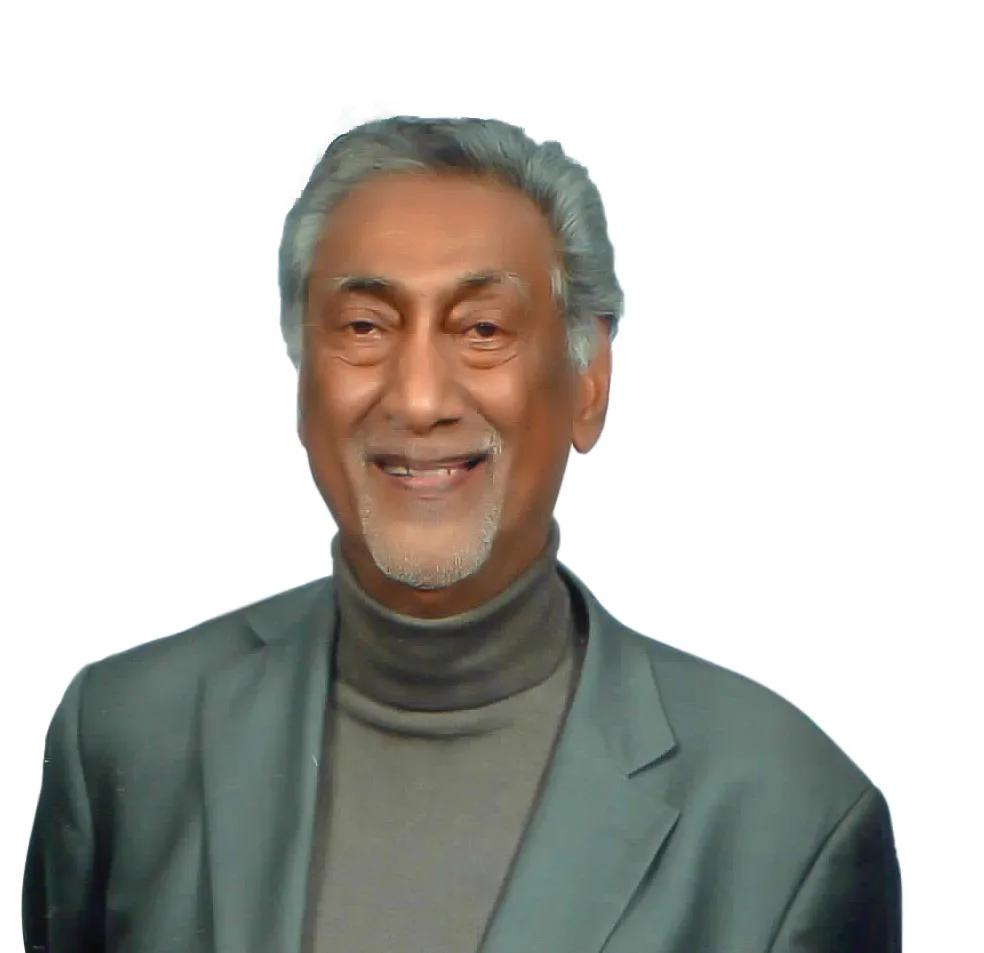


 Sign in with Google
Sign in with Google 